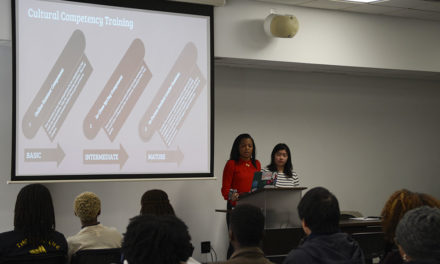The shootings at Wolf Village this summer were a shock to many students and staff, which resulted in felony charges for two NC State students and serious injuries to two guests. These claims were followed up by more charges against the students including gang ties and allegations of drug dealing. The criminal activity was an unfortunate precursor to the beginning of fall classes, but was not the only example of out of place illegal behavior on a college campus.
In May, at San Diego State University, local police took down a drug emporium that seemed to belong in a Rick Ross (the rapper) song, not on a college campus. Seventy-five students from across seven fraternities were arrested for allegedly dealing marijuana, cocaine, and ecstasy. Authorities from the Drug Enforcement Administration (DEA) recovered four pounds of cocaine, fifty pounds of marijuana, forty eight hydroponic marijuana plants, three hundred and fifty ecstasy pills, one shotgun, three semiautomatic pistols, and three brass knuckles.
Without a doubt, incidents like these are rare, and most students are at college for the right reasons. But they do beg the simple question: why? Why are people, who are annually spending significant amounts of money to get an education that could benefit them for a lifetime, jeopardizing that opportunity for quick cash, or for a quick thrill?
In a country where one in four people has a college degree, college is now taken for granted rather than a privilege to many college students. To put it simply, it is easy to forget that less than five percent of the world’s population will have an opportunity to earn a degree of the quality that students at NC State can receive in four years. It is hard to imagine that what one is attempting to get is universal when one is pursuing it along with twenty two thousand other people. Often times, people do stupid things on college campuses because of an ignorance of how lucky they are to simply be there and the consequences of their actions.
“A lot of times, people don’t realize how serious the consequences of what they are doing are until they’ve been caught and it’s too late,” noted junior in business management, Jamye Murphy. This hypothesis is probably accurate. Many young people do not realize that what seems like one foolish mistake can snowball into multiple criminal charges. It is also worth noting that many people do not come to college for the purpose of getting the education; they feel like they’re attending to get the “college experience,” and sometimes abiding by the law is not a part of that experience. “A lot of people believe they come to college to find themselves, and see it as part of their personal journey, and some people think drugs and alcohol are part of that journey,” Kat Davis, a junior in elementary education stated.
The fact that many students feel like drugs and alcohol are a part of the college experience is an illusion that leads many students into trouble; that morally, college does not count. The idea that nothing you do in college will be held against you later in life is a myth that may lead to negative legal consequences for those who are caught breaking the law. Culturally, college decisions may not count, but they do legally.
Most students will never be involved in any criminal activity on the level of those students in the drug bust at San Diego State, or the shooting at Wolf Village. However, it is important to remember that whether the crime is underage drinking or illegal file sharing, there can be consequences, even if you are in college. It is important for all students to consider whether breaking the law is worth losing opportunities that will help you for the rest of your life.


